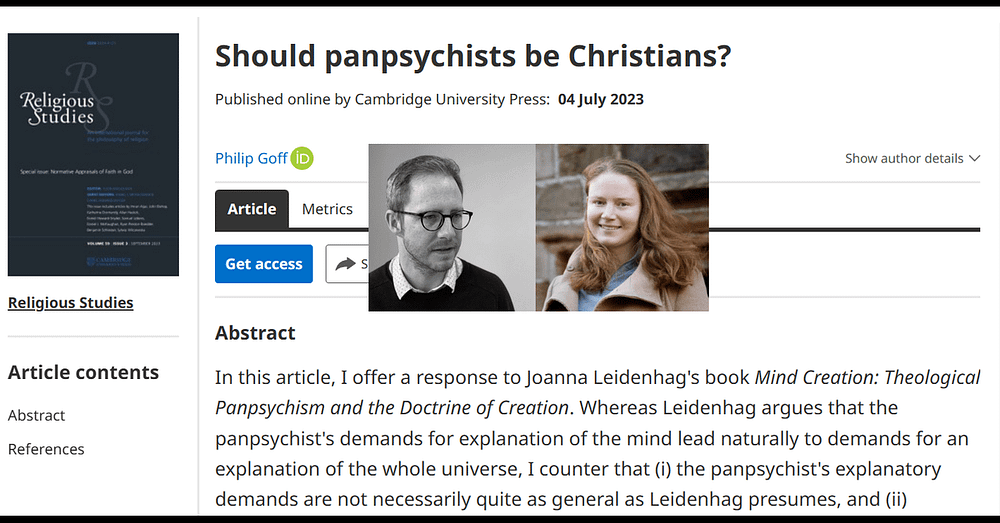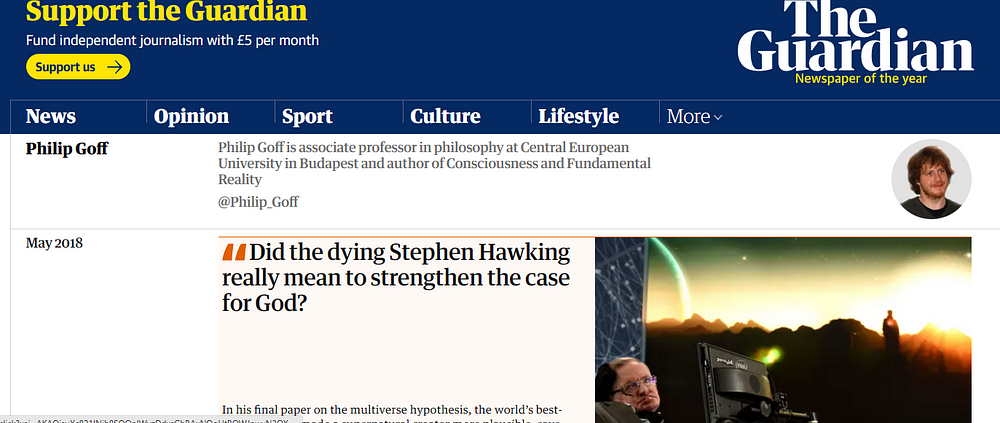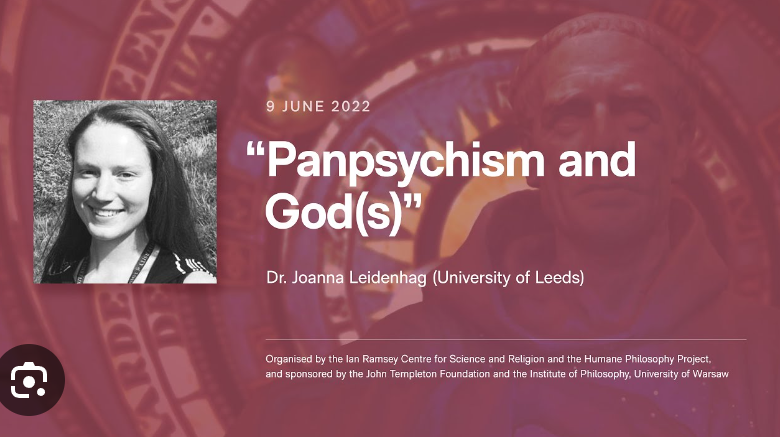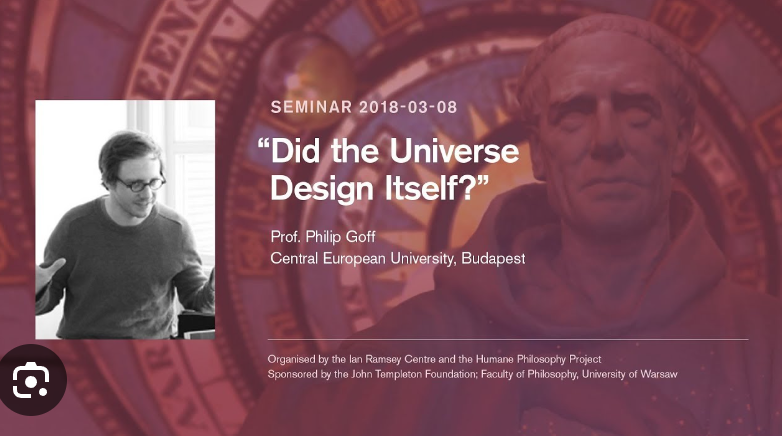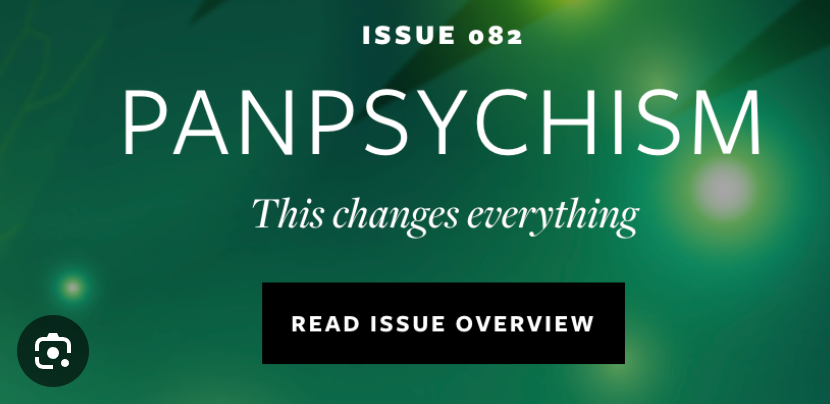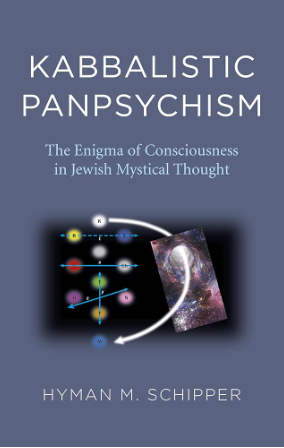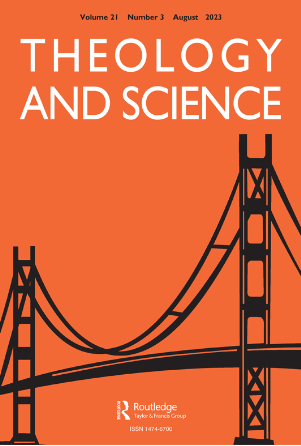It may seem a little unproductive to have a go at the Stanford Encyclopedia of Philosophy. After all, it presents itself as a free service to academic philosophers. It is. Yet all I can say that after having studied philosophy for over two decades, I still hardly understand the SEP entries I’ve read. This can be best summed up by saying that most entries graphically display extreme and gratuitous academese. This essay is an attempt to make sense of that (admittedly personal) “cognitive deficit”.
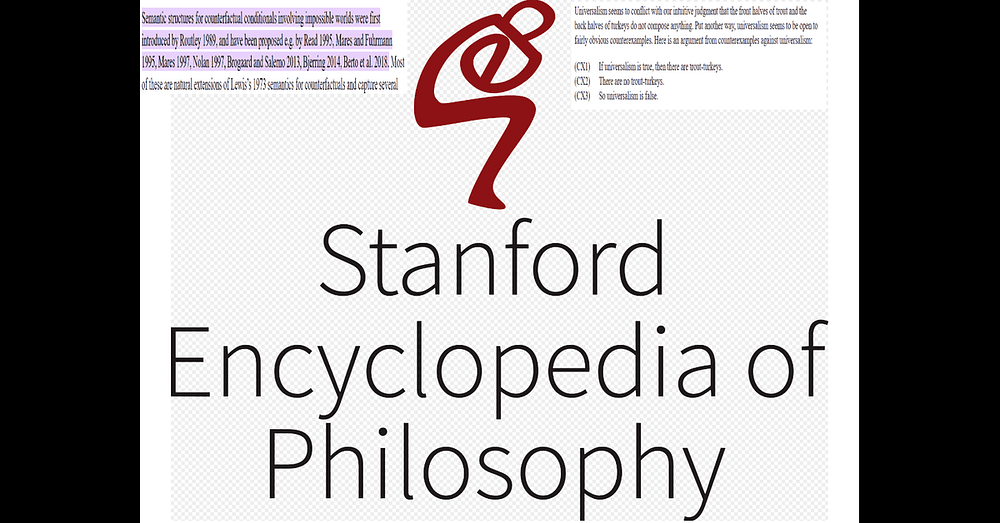
Adjunct professor Nikhil Sonnad (in a piece called ‘This free online encyclopedia has achieved what Wikipedia can only dream of’) states that the Stanford Encyclopedia of Philosophy (SEP) is a “truthful” and “trusted” alternative to the “trashy internet”.
In more detail:
“The story of how the SEP is run, and how it came to be, shows that it is possible to create a less trashy internet — or at least a less trashy corner of it. A place where actual knowledge is sorted into a neat, separate pile instead of being thrown into the landfill. Where the world can go to learn everything that we know to be true. Something that would make humans a lot smarter than the internet we have today.”
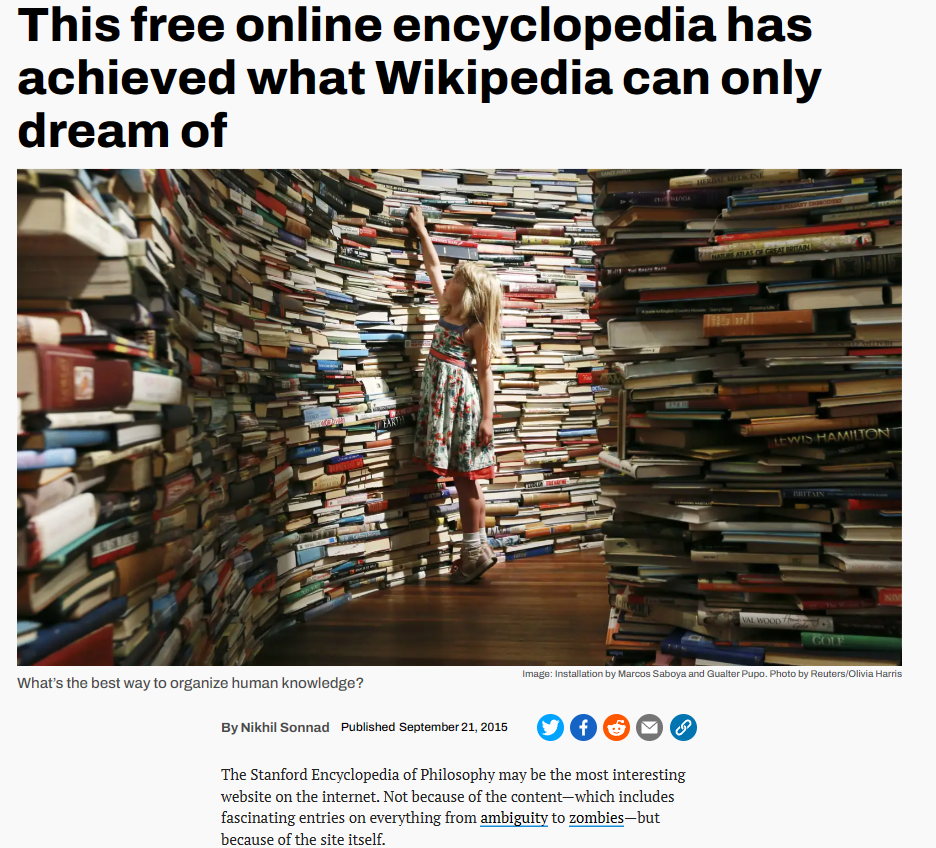
The editor of the Daily Nous, Professor Justin Weinberg, sums up Nikhil Sonnad’s very-positive piece on the Stanford Encyclopedia of Philosophy in this way:
“The problem with the internet is that ‘nobody trusts it, yet everybody is referring to it.’ That’s Nikhil Sonnad, a reporter and former philosophy student, in an article at Quartz about how the Stanford Encyclopedia of Philosophy (SEP) is a model for improving the internet.”
… Hold on there!
Nikhil Sonnad’s words are bombastic and far too general
Apart from him categorically dismissing the Internet as an “information landfill”, I would say that in the case of most entries in the SEP, it’s not that (as Sonnad puts it) “the world that can learn everything”, but that 200 (this number, admittedly, is a guess) academic experts can go to learn something. And even in the cases in which laypeople do read SEP entries, I doubt that they ever get much from them…
Sure, I may be speaking only for myself here.
So Sonnad’s complete dismissal of the Internet is neither very smart nor very academic.
For a start, the SEP is itself on the Internet. What’s more, I also found Sonnad’s own criticisms of the Internet on the Internet.
Sonnad gets even more bombastic in the following passage:
“Yet if the goal is to share with people what is true, it is extremely important for a resource to have all of these things. It must be trusted. It must not leave anything out. And it must reflect the latest state of knowledge. Unfortunately, all of the other current ways of designing an encyclopedia very badly fail to meet at least one of these requirements.”
To be sceptical (or cynical) for a moment. It can be suggested that Sonnad is confusing or conflating (to use his own words) “what is true” with academese, or with entries which are written as academic papers. In other words, Sonnad seems to be assuming that something is more likely to be true if it’s written in the style of an academic paper (i.e., with its numerous references, footnotes, particular academic writing style, etc.). So if something is written in, say, the rhetorical style that Sonnad himself prefers, then does that mean that it shouldn’t be “trusted”?
(Sonnad’s article reads like the kind of snarky journalese piece you’d find written by a “rock journalist” at Rolling Stone or something like that.)

Since so many of the papers and studies which have been (as it were) caught out for political and other kinds of bias, deceit, shoddy research, etc. have also been written in academese, then we have good reasons to be sceptical of Sonnad’s snooty claims about the Internet, as well as his hyper-positive claims about the Stanford Encyclopedia of Philosophy.
Admittedly, all this stuff about academic bias, shoddy research, etc. is probably far less true when it comes to analytic philosophers. Except, perhaps, when analytic philosophers deal with political subjects. Or at least when they deal with those contemporary political subjects which are also highly controversial, and which also engage their emotions and tribal affiliations.
In any case, the editors of the SEP (Edward N. Zalta is the “principle editor”) chime in with some of Sonnad’s claims. However, they do so, of course, in academese. They write:
“The present information explosion on the World Wide Web poses a problem for the general public and the members of an academic discipline alike, of how to find the most authoritative, comprehensive, and up-to-date information about an important topic.”
To sum up. According to the editors of the Stanford Encyclopedia of Philosophy, the SEP “maintain[s] entries representing the very best scholarship”.
My Take on the Stanford Encyclopedia of Philosophy

The Stanford Encyclopedia of Philosophy isn’t aimed at laypeople.
The SEP isn’t even aimed at people interested in philosophy.
The SEP is aimed at professional philosophers (or Nikhil Sonnad’s “experts”)…
Indeed, even that isn’t entirely accurate.
SEP entries are aimed at experts in the particular subjects each entry discusses.
However, this claim about the SEP being designed for (narrow-ranged) experts is neither positive nor critical. Wikipedia tells us that
“[e]ach entry is written and maintained by an expert in the field, including professors from many academic institutions worldwide”.
[Academics generally don’t accept citing — or quoting — Wikipedia. See note 1.]
Thus, at a guess, I would say that each entry is designed to be read by about around 200 experts at most. That said, according to Sonnad again, “[t]he site gets over a million page views per month”.
To be sceptical. That high number of page views (if correct) may simply be down to people searching the Internet and spotting a link to the SEP (say, when they do a Google search on a particular philosophical subject), and then clicking that link. In other words, because there are so many entries on so many subjects in the SEP, then it’s hardly surprising that it gets so many page views.
Indeed, that’s how I was originally taken to the SEP. It’s also how I’ve been taken to it very many times after that. (Sometimes, after being taken to the SEP, I read a paragraph, and then gave up.)
In any case, this isn’t entirely to claim that non-experts won’t actually read the SEP. It’s just that the entries it contains aren’t designed for the curious (as well as educated) people who may well read them.
Of course, the editors of the SEP may not even deny any of this. Or they may deny some of these claims, and accept others.
So, again, the least that can be said is that the SEP is designed for professional philosophers — or for Nikhil Sonnad’s experts.
And that’s why most (almost all) SEP entries are written in extreme academese.
The SEO’s Academese
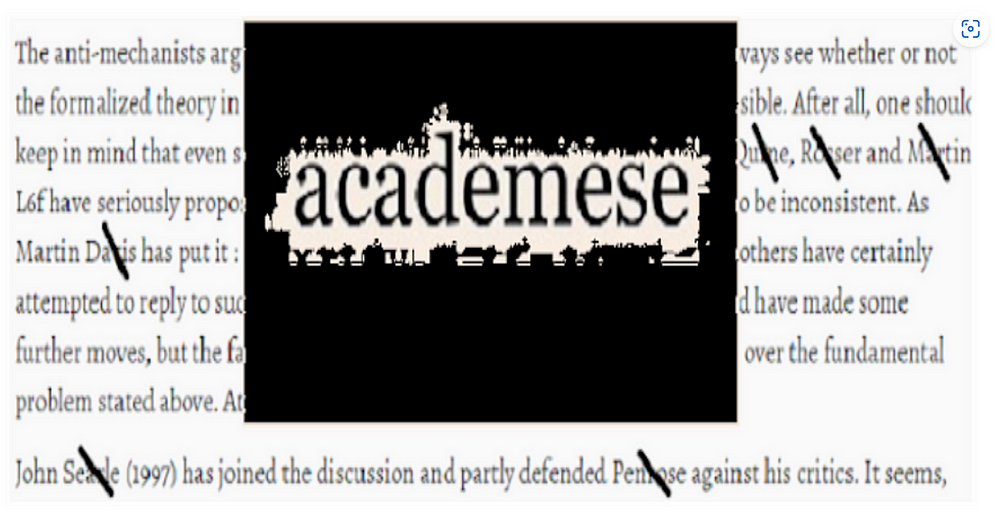
When it comes to most (perhaps even all) of the SEP entries I’ve read, there’s absolutely no effort at all to make what’s discussed (to use the popular phrase) “as simple as possible, though no simpler”.
In fact, quite the opposite.
Thus, there are numerous references, numerous names of other academics, etc. in nearly all the entries. More particularly, there’s lots of very bad — and very inhuman — writing. Indeed, the writing is often so bad that I find that the entries are very hard to read — even when they’re on subjects I know a lot about!
Now why is the writing in the SEP so unclear?
It’s often because of that situation that if the academic’s ideas were put in the simplest manner possible, then that would show how simple his ideas or arguments are. In other words, that will sometimes show how trite, obvious or dull his ideas or arguments are.
Of course, that may simply display my own cognitive limitations — or my own dumbness.
In any case, all the claims above can only partly be explained in terms of “academic style”.
Academics involved in analytic philosophy will, of course, say — and, to some extent at least, justifiably so — that academese is required for reasons of objectivity (or “intersubjectivity”), clarity, the formal requirements of academic research, stylistic uniformity… or whatever. However, there’s much more to it than all that.
In terms of detail. Even though the entries in the SEP aren’t papers in the usual sense, they’re still written in the style of many of the papers found in analytic philosophy. (They’re also classed as “papers” by commentators and by the editors of the SEP itself.) In fact, according to Wikipedia (again, academics aren’t allowed to reference Wikipedia), the SEP is a “peer-reviewed publication of original papers in philosophy”.
Anyway, isn’t it the case that most professional academic philosophers pride themselves on their “clarity”? It’s certainly the case that such philosophers offer arguments and “conceptual clarifications”. Yet these things don’t — in themselves — bring about clarity. Indeed, they often do the exact opposite.
It can also be said that the notions clarity and “explicit explanation” are only relative to specific analytic philosophers, and what they take these things to mean. In other words, analytic philosophers are often only clear to other (professional) analytic philosophers. And the explicit explanations found in analytic philosophy may only work as explanations for professional analytic philosophers… Indeed, not even all other analytic philosophers will understand the entries in the SEP— just the other experts in the narrow field. This means that those on the outside (including educated and even highly-educated people) won’t appreciate (or even recognise) that supposed clarity, or take the explanations to be explanations.
The other thing that can often be noted is the extremely long paragraphs and a distinct lack of subheadings to be found in most analytic philosophy papers. Admittedly, this is far less true of the SEP entries. And that’s obviously because it’s an encyclopedia.
Generally, most of the writers of SEP entries never move past a rather predictable — and often annoying — academese, with its fetishization of infinite references and footnotes, alongside unhelpful schematic representations, gratuitous symbols, etc. Indeed, all of this is often but a means to signal (for want of a better word) objectivity, academic skill, fairness and a lack of bias, when all it really signals is that any lack of objectivity, bias and fairness there is just happens to be intentionally hidden under the academese.
Other stylistic gimmicks include the gratuitous use of symbols (sometimes they’re peculiar to the academic concerned), schematic representations of positions or arguments, and the many (in my eyes at least) utterly pointless graphs.
Then there’s the superabundance of technical terms.
Sure, in all disciplines technical terms are required. However, they aren’t required in each and every instance.
So sometimes a technical term is used when a everyday term will do the same job just as well. This means that such terms are often used for reasons of pretentiousness, or so the academic can display his academic credentials.
Is This How Most SEP Entries Are Done?

This is what most academics seem to do in their SEP entries.
They comment on what Philosopher A said on subject x, then on what Philosopher B said on subject x, then on what Philosopher C… Sure, each time the academic does that, he’ll offer his own tiny take on what’s just been said by Philosopher A, Philosopher B, Philosopher C, etc. However, there’s still no deep thread of argument because the academic concerned endlessly moves from what one philosopher said to what another philosopher said.
At its most extreme, a SEP entry on problem (or subject) x amounts to no more than commenting on what almost every philosopher under the sun has said on x. And then such an academic will offer a tiny tweak on x.
This approach can be taken to be a display of the academic’s “research skills”. Thus, I presume that it’s also seen as being arrogant, naive and… well non-academic to philosophise for too long without referencing other academics. [See note 2.]
Since the academic concerned is often simply offering an endless citation of other academics’ comments and positions, then he doesn’t have to do much thinking for himself. Nonetheless, he does (as stated) have to do a tremendous amount of research. Indeed, it’s through that research that he can display his academic and professional credentials.
Then, hopefully, all that research will contribute to the academic securing himself continued “academic tenure” (i.e., a well-paid job and career security).
So is all the above really a display of modesty, as well as an adherence to “academic standards”?
Conclusion
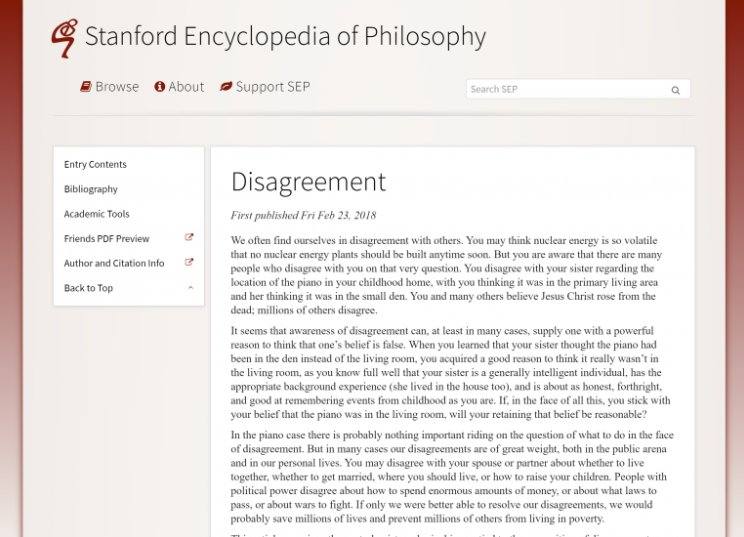
Criticising the bad writing and abundant technicalities found in the Stanford Encyclopedia of Philosophy doesn’t mean that all work on the difficult detail of philosophy should be shunned or limited in any way. Of course not. Some papers are bound to be complex and difficult. Thus, they’ll also be a number of unfamiliar technical terms…
Still, the use of technical terms can often be gratuitous. (Although it depends on the academic concerned.)
So don’t get me wrong.
I’m not against academic analytic philosophy. And I’m certainly not keen on unstructured (as it were) stream-of-consciousness philosophy. So surely there must be some kind of happy medium (or more than one kind of happy medium) between the infinite footnotes, references and endless name-doping found in the Stanford Encyclopedia of Philosophy, and, on the other hand, a philosophical free improvisation.
Notes:
(1) According to one source:
“Most academics agree that you shouldn’t cite Wikipedia as a source in your academic writing, and universities often have rules against doing so. This is partly because of concerns about its reliability [].”
(2) Some important and historical analytic philosophy papers don’t even refer to other academics or philosophers. For example, Bertrand Russell’s ‘Existence and Description’, Max Black’s ‘The Identity of Indiscernibles’, David Lewis’s ‘Possible Worlds’, etc.
Four Examples
“All of these uses illustrate the general notion of ‘part’ that forms the focus of mereology, regardless of any internal distinctions. (For more examples and tentative taxonomies, see Winston et al. 1987, Iris et al. 1988, Gerstl and Pribbenow 1995, Pribbenow 2002, Westerhoff 2004, and Simons 2013.) Sometimes, however, the English word is used in a more restricted sense. For instance, it can be used to designate only the cognitively salient relation of parthood illustrated in (1), the relevant notion of salience being determined by Gestalt factors (Rescher and Oppenheim 1955; Bower and Glass 1976; Palmer 1977) or other perceptual and cognitive factors at large (Tversky 2005). Or it may designate only the functional relation reflected in the parts list included in the user’s manual of a machine, or of a ready-to-assemble product, as in (2), in which case the parts of an object x are just its ‘components’, i.e., those parts that are available as individual units regardless of their actual interaction with the other parts of x. (A component is a part of an object, rather than just part of it; see e.g. Tversky 1989, Simons and Dement 1996.) Clearly, the properties of such restricted relations may not coincide with those of parthood understood more broadly, and it will be apparent that pure mereology is only concerned with the latter.”
“Strictly speaking, such a claim does not contradict (P5) as mentioned in section 2, although it does in fact contradict a version of (P5) formulated in terms of an exclusive disjunction. However, from a philosophical point of view, such a claim has had no serious role to play in the debate, even though the assumption of all future contingents being true is in fact what holds in the early tense-logical systems, KtK� and KbK�, introduced in (Prior 1967, p. 187) and in (Rescher and Urquhart, p. 68 ff.). The problem is that it is highly counter-intuitive to accept both ‘Tomorrow there will be a sea-battle’ and “Tomorrow there will not be a sea-battle” as true now. It seems that if one of these propositions is true now, then the other has to be false. On these grounds, we shall not consider this possibility any further in this context.”
“Semantic structures for counterfactual conditionals involving impossible worlds were first introduced by Routley 1989, and have been proposed e.g. by Read 1995, Mares and Fuhrmann 1995, Mares 1997, Nolan 1997, Brogaard and Salerno 2013, Bjerring 2014, Berto et al. 2018. Most of these are natural extensions of Lewis’s 1973 semantics for counterfactuals and capture several intuitions about counterpossible reasoning. The main task for such theories consists in accounting for the concepts of closeness and qualitative similarity between worlds once impossible worlds enter the stage. How to fine-tune these notions is not a trivial matter (for an extensive discussion, see Vander Laan 2004; we will say more in section 4.2).”
“Consider: ‘There are as many holes in my cheese as crackers on my plate’; Lewis & Lewis 1970: 207. Can a language be envisaged that contains all the necessary shape predicates? Consider: ‘There are two interlocking toroidal cavities in that piece of cheese’; Casati & Varzi 1994: 180. Can every hole-referring noun-phrase be de-nominalized? Consider: ‘The hole in the tooth was smaller than the dentist’s finest probe’; Geach 1968: 12.)”






